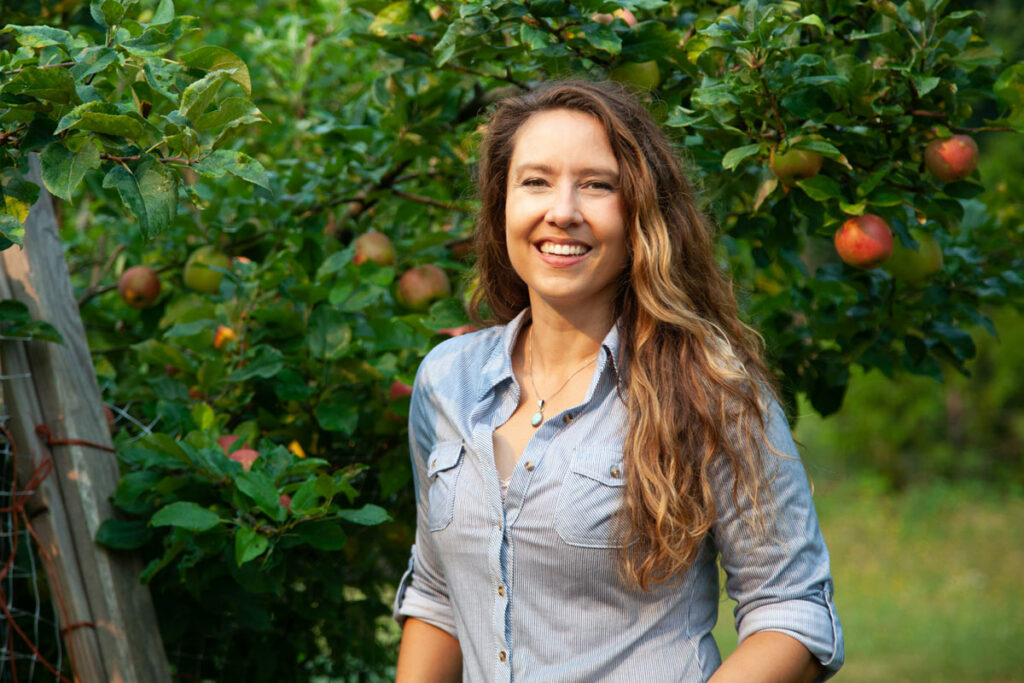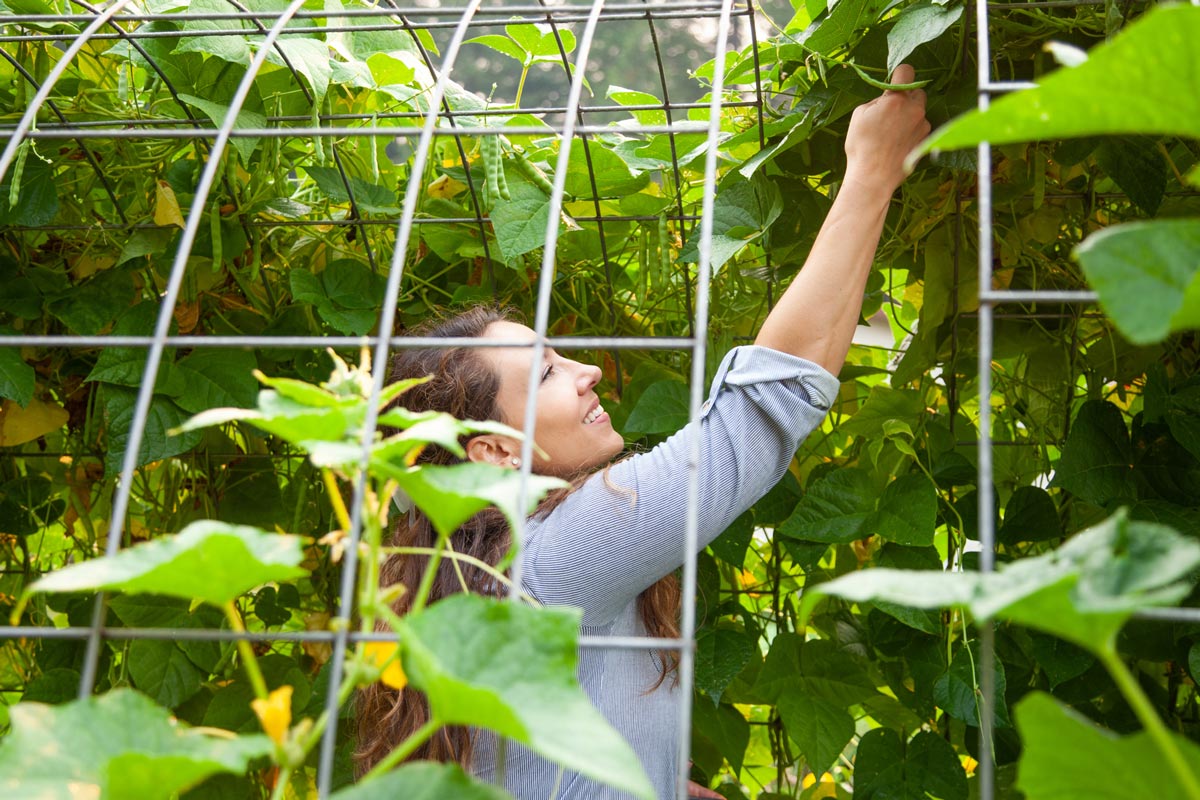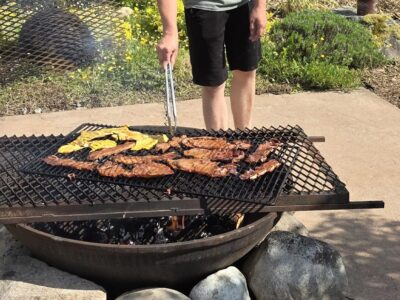In this episode I’m looking back at the year (2021), sharing some of my favorite takeaways and even sharing future plans for 2022. I’m covering topics from decluttering month by month, breeding cows, ordering chicks, whether we’ll be hosting more in-person workshops on our homestead, and how I’m partnering with The Homestead Documentary Project.

Thanks to my loyal listeners, the Pioneering Today Podcast is currently in the top 5 podcasts for Home & Garden and has had over 3.5 million downloads! I hadn’t checked in with those stats in quite a while and I was blown away by that, so a big thank you to all my listeners!
Natural Remedies Made Simple

Start your home apothecary with confidence—even if you’re brand new. Learn how to choose the right herbs for your body using the simple principles of herbal energetics.
Discover how warming, cooling, drying, and moistening herbs affect your body—so you can stop guessing and start making remedies that actually work.
My biggest desire is that this podcast is a place where people learn skills to live a modern pioneer lifestyle of self-sufficiency.
In This Episode
- Seasonal living – Flowing with the seasons and not just doing something because “we’ve always done it that way”, plus knowing when it’s time to bring something back into our lives.
- Decluttering and organizing the home – Over the Christmas break I’m going to be decluttering the master bathroom and closet with my daughter. For more on decluttering month by month, check out my podcast episode with Traci Lynn.
- Are we getting a bull? – Our plans for livestock on the homestead and whether it makes sense financially and timewise to purchase a bull (plus when to breed cows).
- Ordering meat chicks – after my interview with Joel Salatin on maximizing your homestead for profit and production, my husband and I decided we would do our first homestead butchering workshop where we taught a live workshop on how to butcher chickens. Those who came to the workshop were also able to leave with their own pasture-raised chickens. This coming year we’ll be offering two live workshops, as well as launching a poultry CSA.
- Are we getting pigs again? – Last year we raised American Guinea Hogs (listen to that podcast to see how we liked them and listen to this podcast episode on why we’re not getting the American Guinea Hogs again).
- Butchering workshop – Discussing whether or not we will host a live butchering workshop later in 2022. Listen to hear how you can be involved in this!
- Alternative herbal remedies – What would you do if your medicine became unavailable? This isn’t far-fetched. Listen to this podcast to hear how you can be prepared with herbal medicine you can grow yourself.
- Medicinal flower garden – I’m currently ordering seeds for medicinal plants so I can host an in-person herbal workshops this summer on when and how to harvest medicinal herbs as well as how to use them. If you can’t make it to the in-person workshop, you can also check out my herbal course Practical Home Herbalism where you can learn all these things here.
- The Homestead Documentary Project – I got so excited after interviewing Carrie Wilson, the founder and creator of the Homestead Documentary, that our conversation continued for weeks after we were done! It ended up with me partnering with this project because I’m so passionate about modern homesteading reaching into so many more homes. The term “homesteading” doesn’t mean what it used to, and people are practicing “homesteading” even in urban homes!
- Verse of the week – Psalm 56: 10-13
[fusebox_transcript]



